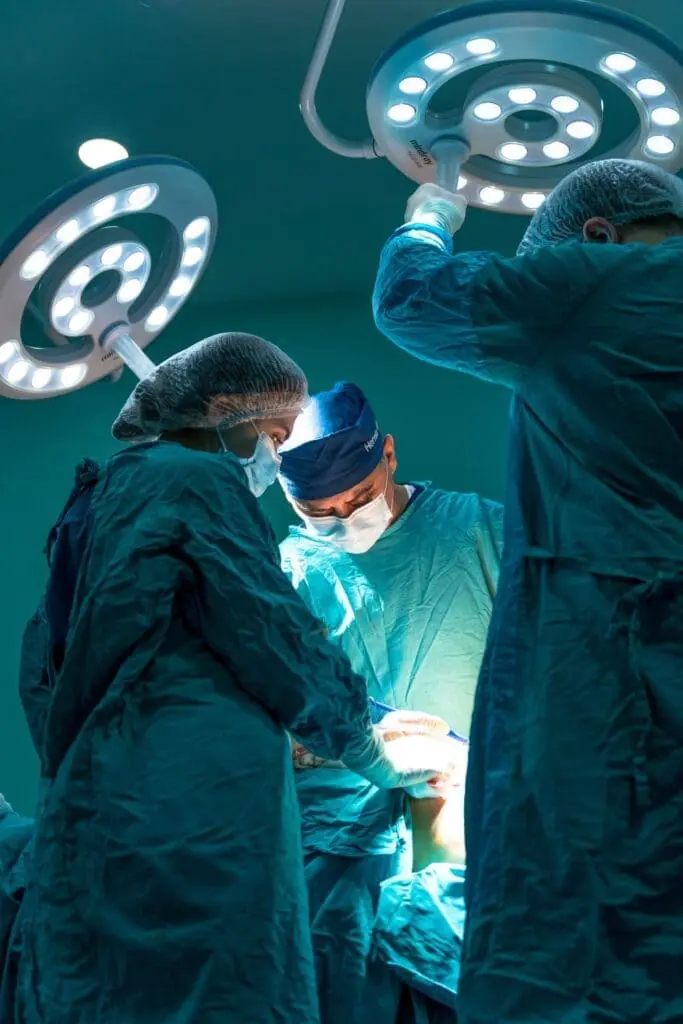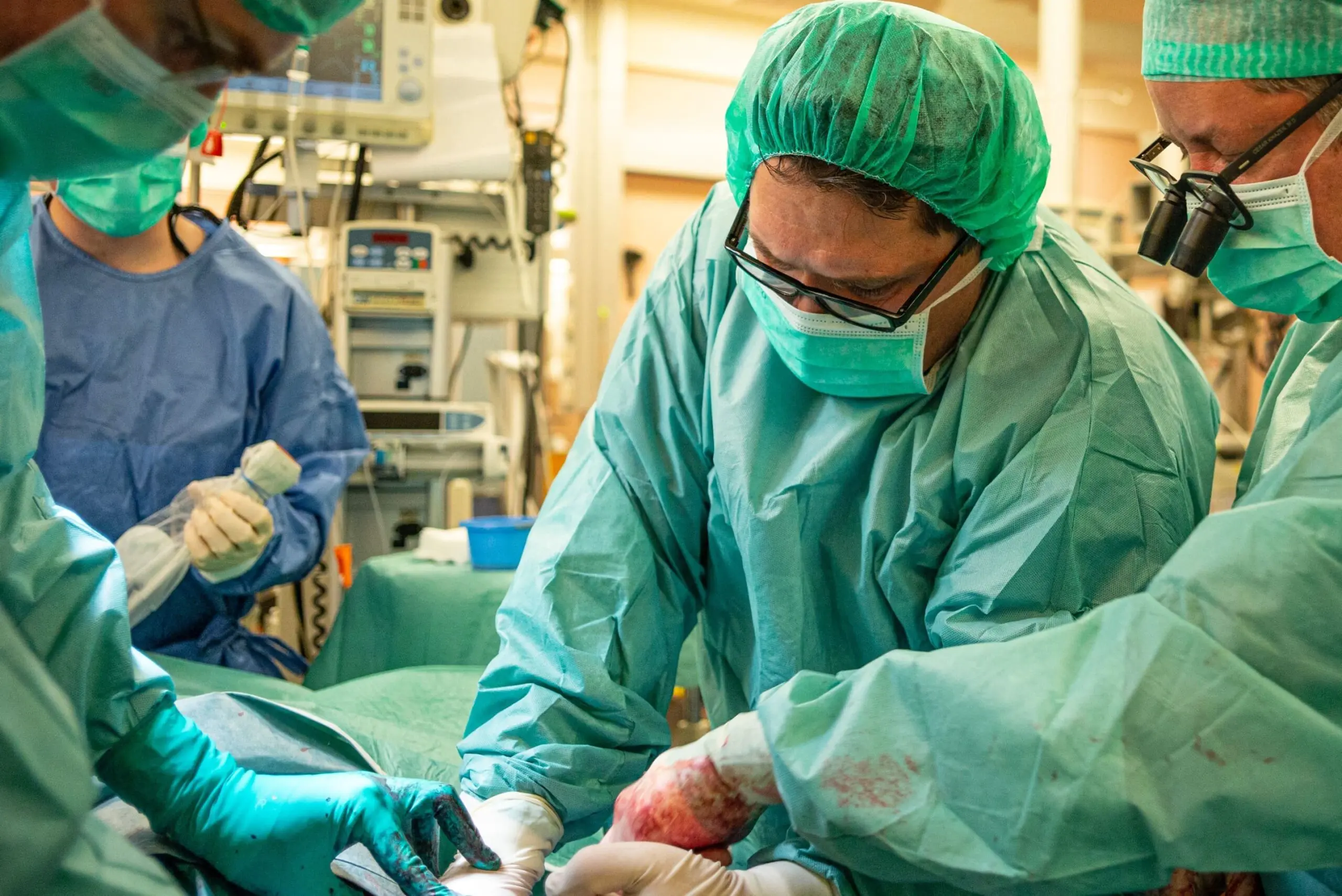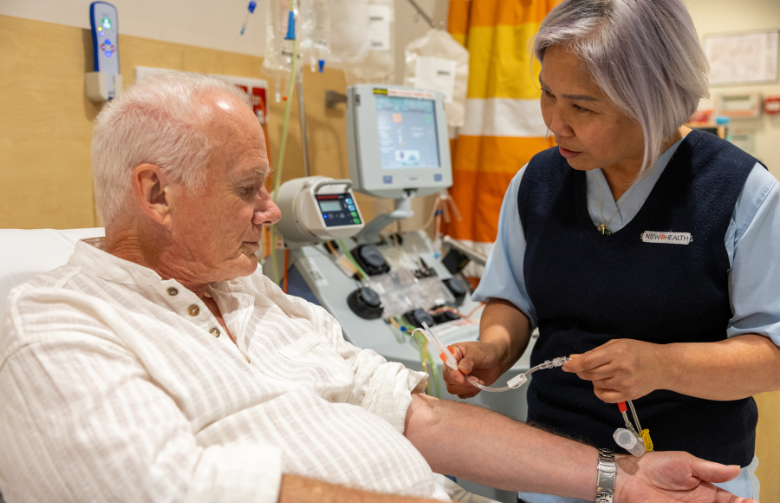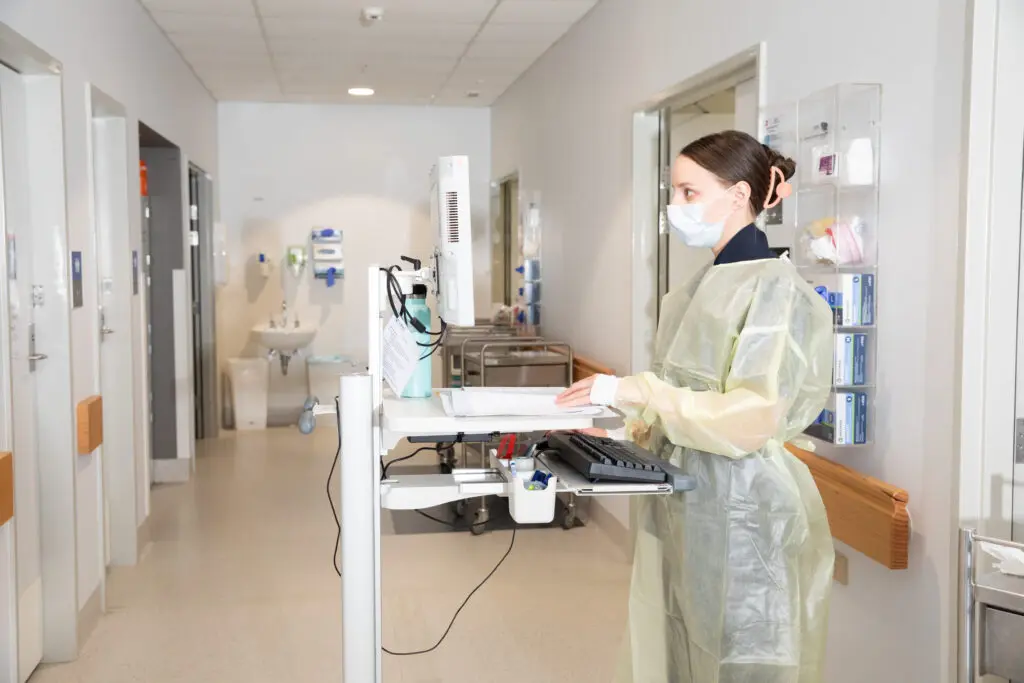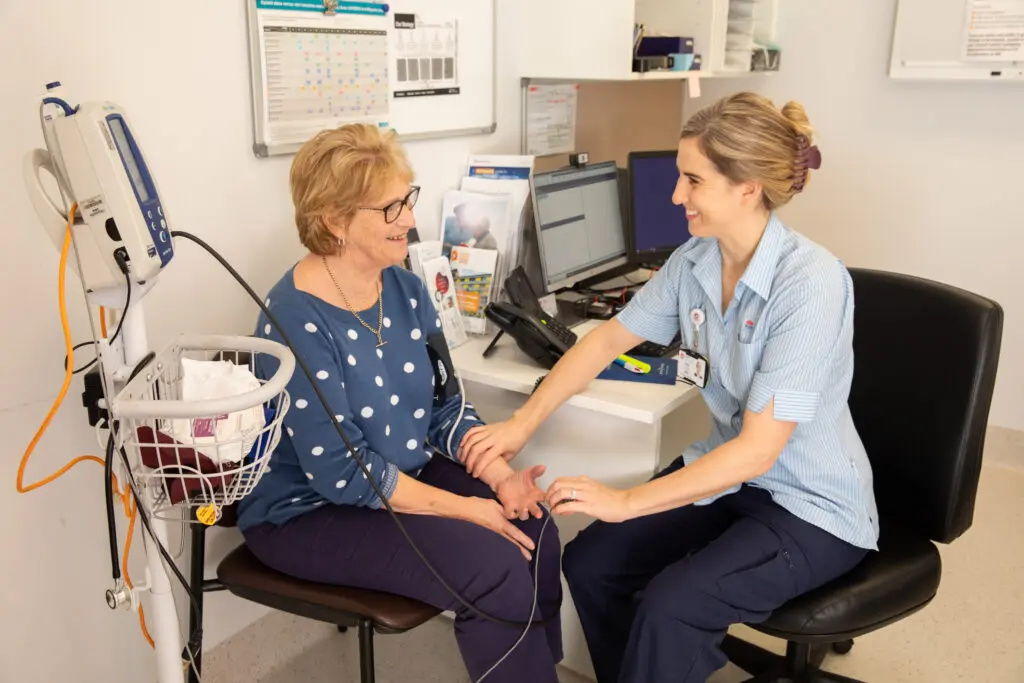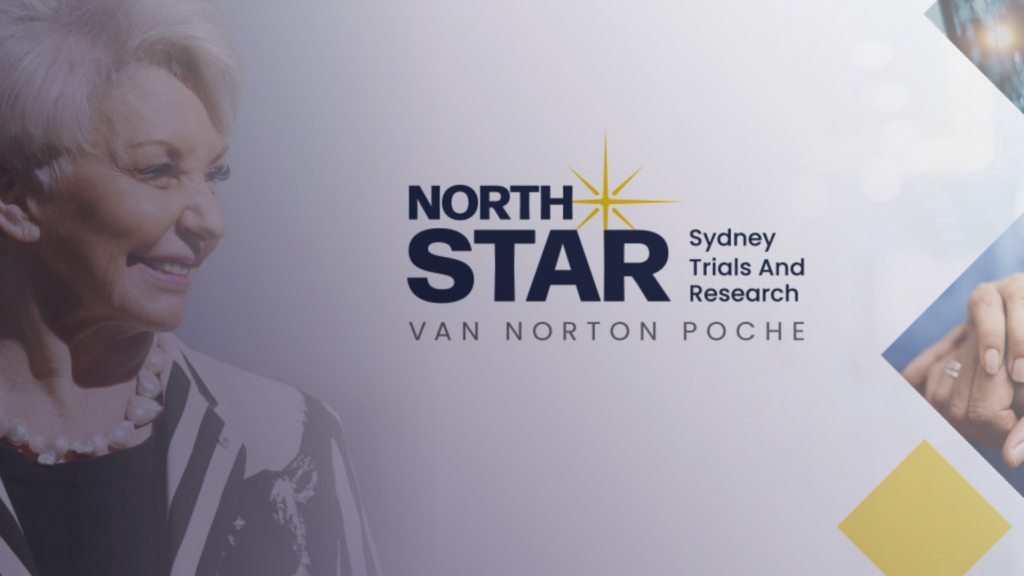

MuscleMap
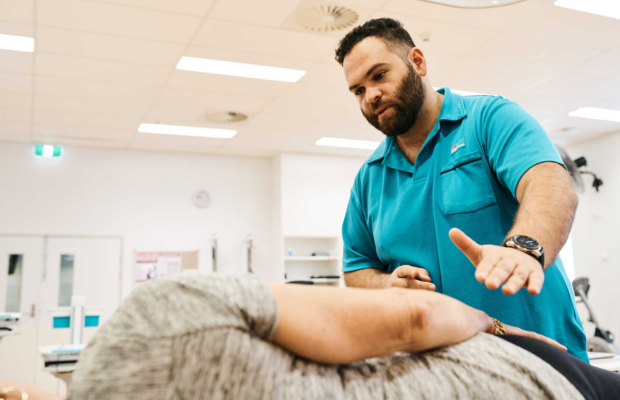
Navigating to the root of debilitating disease
Musculoskeletal and neurological conditions affect billions of people worldwide and are amongst the top 10 contributors to the global burden of disease. MuscleMap is a revolutionary new tool – akin to the Human Genome Project – that promises to be a major clinical resource in the early detection and treatment of debilitating disease.
As our population both grows and ages, the number of us living with debilitating musculoskeletal conditions will also steadily rise. By 2033, healthcare costs in Australia for both musculoskeletal and neurological conditions are expected to exceed $21 billion – a more than 300% increase.
Your support of the MuscleMap project will make a profound impact on how disability and disease is diagnosed and treated – in Australia and around the world.
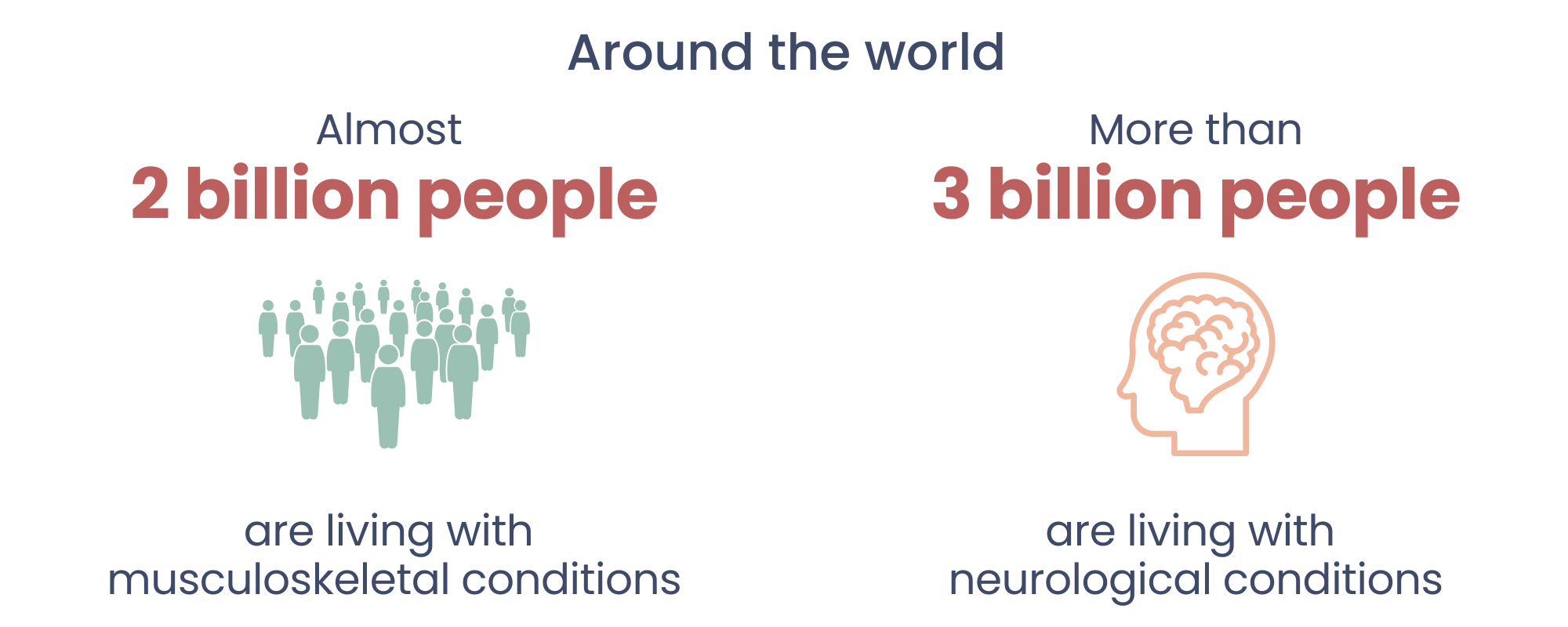
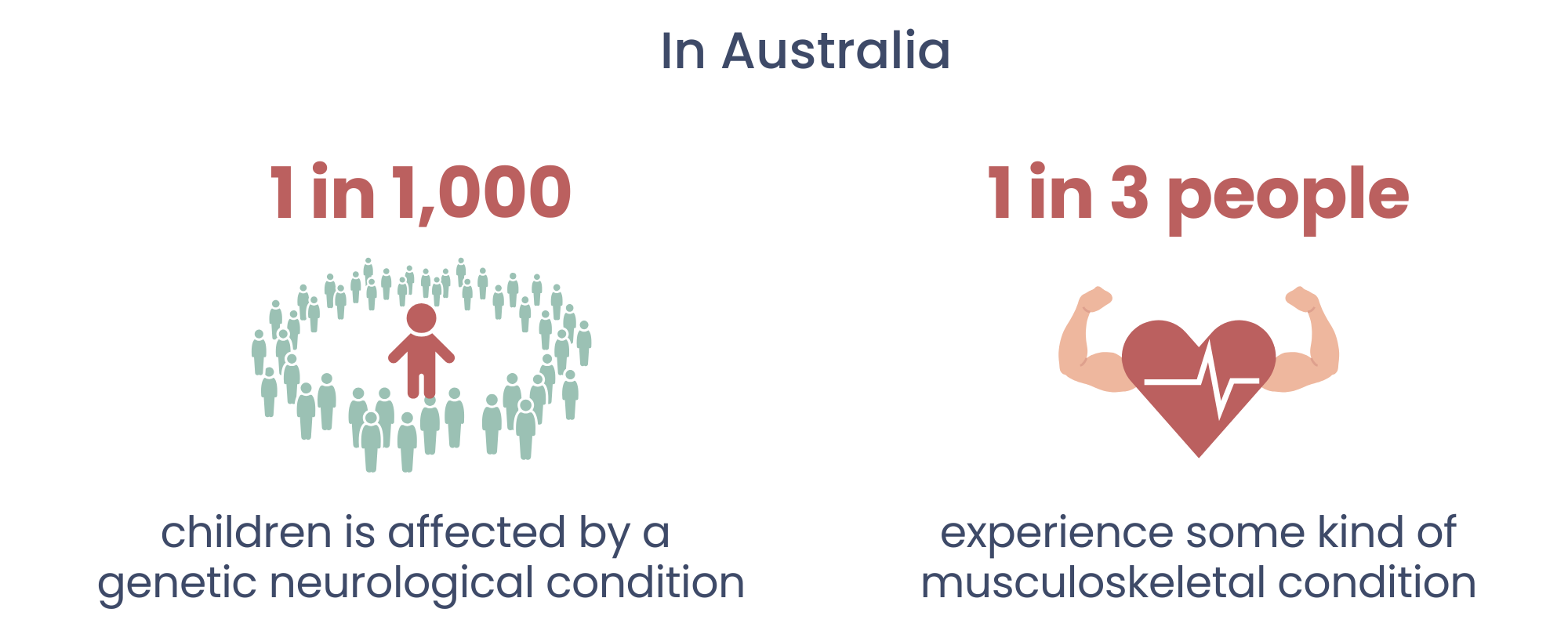
What is MuscleMap?
The MuscleMap will revolutionise the detection, monitoring and treatment of numerous debilitating diseases, disorders, and conditions for which muscle health is an earlier indicator than any other physical symptom. Harnessing an artificial intelligence deep learning model to capture information from MRI and CT scans, this resource that will automatically segment skeletal muscle from any part of the body, recognising patterns and identifying biomarkers for muscle size and shape.
The objective is for MuscleMap to function as a ‘push-button’ system, where a clinician can upload a scan of the body, and in rapid fashion, access a set of precision biomarkers to accurately measure the extent of muscle decline in their patient—specific to age, sex, body mass, race, and other important demographic factors. The specificity is important—data already collected from over 100,000 scans points to this level of variety in the normative ranges of healthy muscle.
MuscleMap is open source and freely accessible as a global dataset. Over the five years since MuscleMap’s inception, the team has inspired a growing global consortium of over 60 collaborators, who are uploading their own data sets to MuscleMap for modelling healthy muscle around the world.
The following are some of the collaborative projects our team currently has underway, using MuscleMap to accelerate research and discovery:
Cancer-related cachexia
Charcot-Marie-Tooth (CMT) disease
Pelvic Floor Dysfunction (PFD)
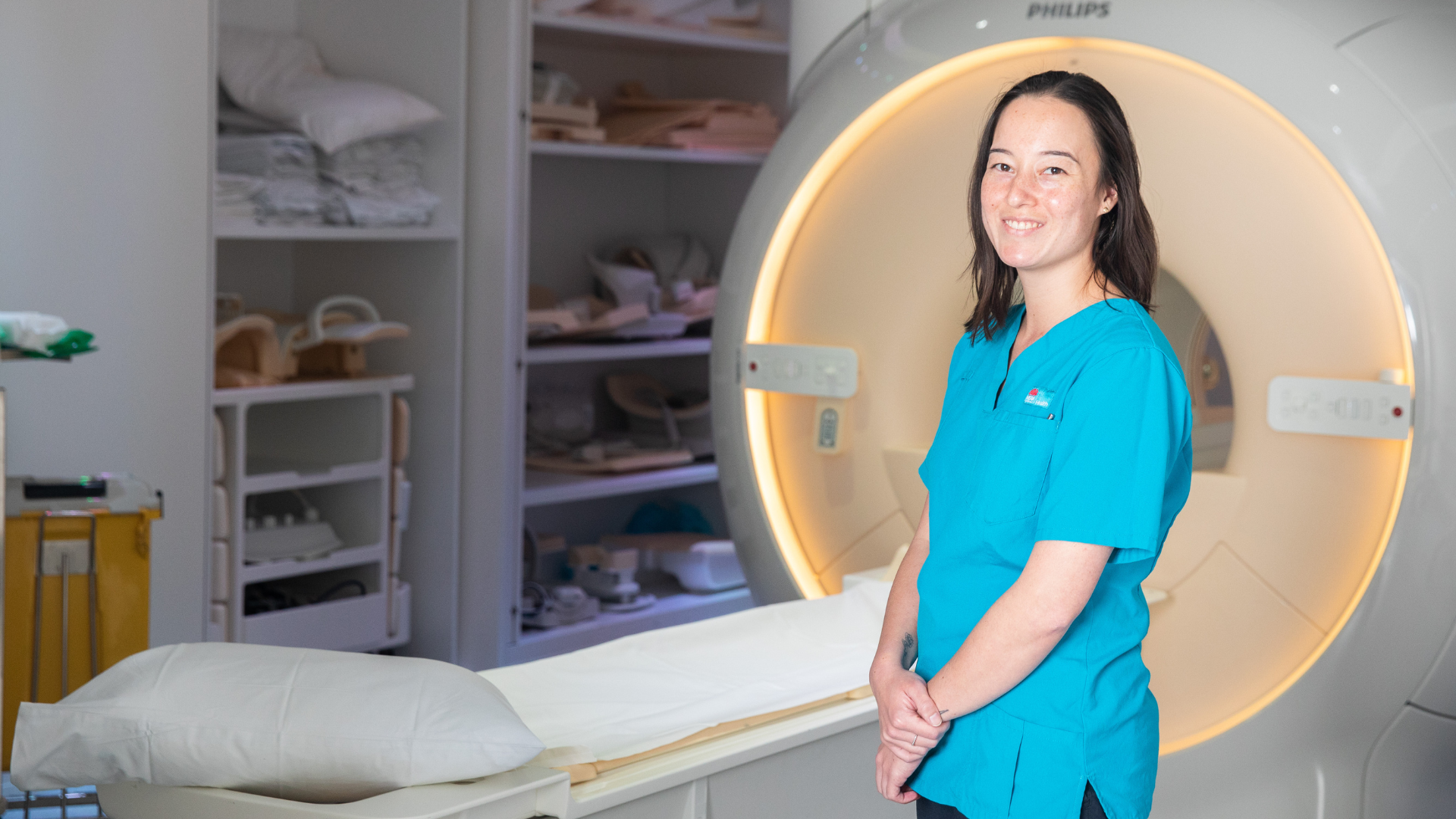
Your support will make the impossible possible.
Your support of MuscleMap will facilitate breakthroughs that both save and transform the lives of children and adults living with debilitating pain and disability. Though MuscleMap has significant potential to reduce the massive economic burden of musculoskeletal and neurological conditions, we have received no federal funding for this project to date. Only by providing MuscleMap with appropriate infrastructure will we be able to serve the billions of people around the world who stand to benefit directly from its application, in multiple ways.
The generous support of our community is the only means by which we will succeed in bringing MuscleMap fully to life, to achieve its extraordinary potential.
It will revolutionise standards of clinical care, providing the foundations for highly personalised and effective treatment plans, with better patient outcomes.
And it will help push the limits of human endurance and performance in the most exciting realms of discovery—perhaps even extending the frontiers of what’s possible for human exploration and existence in deep space.
